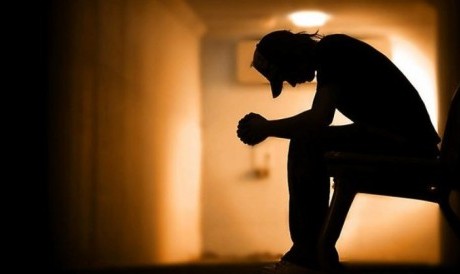Many people know what it’s like to feel sad or down from time to time. We can experience negative emotions due to many things – a bad day at work, a relationship break-up, a sad film, or just getting out of bed on the “wrong side”. Sometimes we even say that we’re feeling a bit “depressed”. But what does that mean, and how can we tell when it’s more than just a feeling?
Depression is more than the experience of sadness or stress. A depressive episode is defined as a period of two weeks or longer where the individual experiences persistent feelings of sadness or loss of pleasure, coupled with a range of other physical and psychological symptoms including fatigue, changes in sleep or appetite, feelings of guilt or worthlessness, difficulty concentrating or thoughts of death.
To be diagnosed with major depressive disorder, individuals must experience at least one depressive episode that disrupts their work, social or home life.
Depression is common in the community, with 12% of Australians experiencing major depressive disorder in their lifetime. More than 650,000 Australians have this experience in any 12-month period.
Because it’s highly prevalent and can be significantly disabling, the World Health Organization reports that depression is the third highest cause of disease burden worldwide, with a greater burden on the community than heart disease. There are also high levels of overlap between depression and other common mental disorders, including anxiety and substance use disorders.
Unfortunately, only 35% of people with symptoms of mental health problems seek help. This may be because of difficulties identifying depression in the community due to a lack of knowledge or accessing care, and stigmatising attitudes towards depression.
Depression prevention programs that provide accessible treatments, increase knowledge and change negative attitudes are an important way to increase access to treatment and reduce the burden of depression.
There’s generally no single reason why an individual becomes depressed. There’s a constellation of risk factors, including physiological, genetic, psychological, social and demographic influences. Continue reading
Sources
- The Conversation
- Image: Kiki Tea
